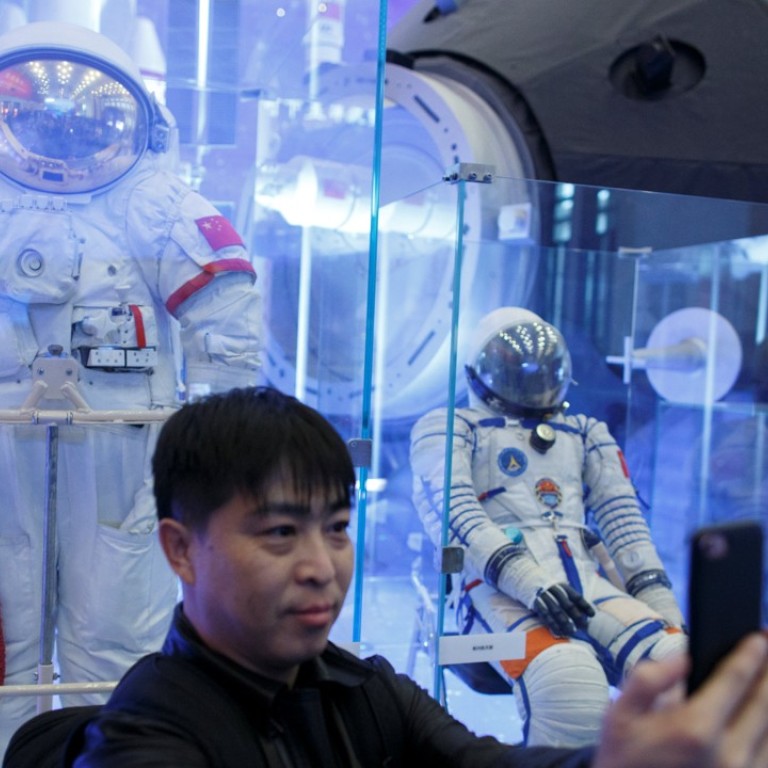
US scientist Zach Smith not shy about showcasing his Thousand Talents Plan award
- Smith says China is growing in competitiveness compared to more established academic powerhouses in the US and EU, due to increased funding for science
Not all scientists are shy about their connections to China’s Thousand Talents Plan (TTP).
Zach Smith, a US biophotonics professor, has included his TPP award on his LinkedIn profile and in his résumé on the website of his lab under the Anhui province-based University of Science and Technology of China (USTC).
“The offering of the 1000 Young Talent program is excellent, I think anyone lucky enough to win the award would be crazy to turn it down,” said Smith, who joined USTC in 2015 along with his Chinese wife, who works in the same field – which is a combination of biology and photonics.
The research funds he received via USTC from the 1000 Young Talent program – part of the government-backed TTP – were more or less double the faculty offers he received in the US. Plus, USTC was amenable to offering the couple positions to work in the same department at the same time, which was almost impossible in the US.
After having just passed the three-year mark in Anhui province, Smith is “generally positive” about his working experience, especially the big research group he has in China filled with lots of talented students, a feat difficult to achieve in the US, which generally has smaller-size graduate programs.
Smith said that China is definitely growing in competitiveness compared to more established academic powerhouses in the US and EU, a natural consequence of the increased funding for science as well as the explosion in quality of scientific research at Chinese universities.
“The excellent quality of Chinese universities is still not universally known. However, as they are still largely Chinese-language dominated, this poses a huge barrier to entry for overseas talent,” he said, adding it had been relatively easier for him because his wife is Chinese and he studied Mandarin for a few years before joining USTC.
But several attempts to recruit colleagues to join USTC have failed as the language and cultural barriers were just too high.
While the TTP mainly taps into Chinese citizens who have studied and worked overseas at “prestigious universities and well-known international companies” it has also attracted an estimated 300 to 500 foreign experts, who work in China either full-time or part-time.
The official list of the 7,000-odd enrolled experts has been deleted but public information showed that Rice University-trained He Jiankui, who recently claimed to have created the world’s first genetically-edited babies, was also a beneficiary of the plan.
Purdue University-trained Li Xiaoguang is also a TTP awardee. Li, who has 30 years’ experience at General Electric and Boeing, is now a professor at the Nanjing University of Aeronautics and Astronautics.

